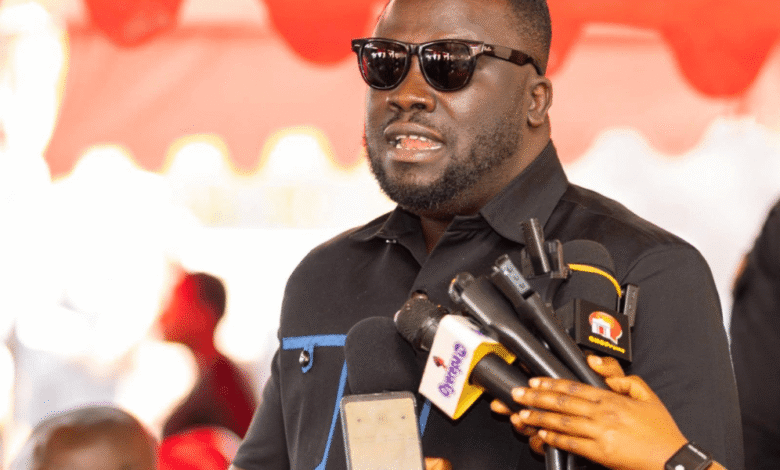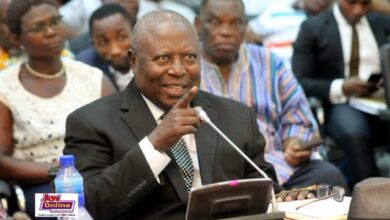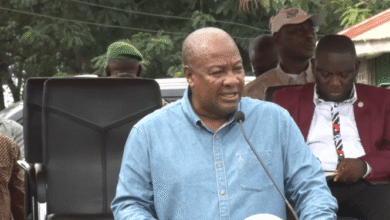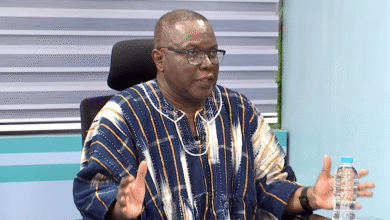From Ashes to Action

By Ras Mubarak.
In the midst of the sorrow of August 6, 2025, we must honor the exemplary leadership, community resilience, and ultimate sacrifice of those involved, while renewing our commitment to end galamsey’s devastation.
The Ashanti Regional Minister, Dr. Frank Amoakohene, emerged as a beacon of strength, guiding the region through a never-before-seen crisis. Leading the response to the crash, he coordinated efforts under unimaginable pressure. No training prepares one for such a tragedy, yet his resolve steadied a grieving nation.
His leadership reminds us that even in the darkest moments, steadfast guidance can light the way forward.
As a medical doctor, Dr. Amoakohene witnessed horrors at the crash site—scenes of burning wreckage and loss that few could endure and remain sane. The psychological strain of this tragedy extends beyond the Minister to the community members and responders who faced the devastating scene. Counseling is essential for the Minister, the people of Sakiman, and all who witnessed this calamity, ensuring they receive the support needed to heal.
The military, emergency services, and especially the people of Sakiman, near the crash site, deserve immense praise for their swift response. Braving the chaos of a burning wreckage, they worked tirelessly to locate the victims’ bodies, a task that would have taken far longer without their efforts. Their courage and unity exemplify the strength of Ghanaian communities in the face of adversity.
The eight compatriots who lost their lives- including prominent figures like Dr. Edward Kofi Omane Boamah, Dr. Murtala Ibrahim and Alhaji Limuna Muniru – were engaged in the fight against galamsey, a practice that has polluted 60% of Ghana’s water bodies, destroyed forests, and endangered lives through mercury poisoning and pit collapses.
Current policies, such as Operation Halt’s military crackdowns and the Multilateral Mining Integrated Project’s push for sustainable mining, have made strides but face challenges like corruption and economic dependence on illegal mining.
The government’s ban on small-scale mining (2018–2019) and mercury-free initiatives under the Minamata Convention show commitment, yet enforcement remains inconsistent, and reclamation efforts lag behind the destruction.
The loss of these eight lives must not be in vain. Their sacrifice demands stronger action against galamsey. The government must bolster Operation Halt with technology like drones to monitor mining sites safely, engage communities in restoration efforts, and expand alternative livelihood programs to reduce reliance on illegal mining. Citizens, too, must advocate for clean rivers and forests, ensuring the victims’ legacy drives change.
We mourn the loss of our compatriots who gave their lives in the fight against galamsey. May God rest their souls, and may their deaths inspire a renewed commitment to protect Ghana’s environment. Amen.
End.
Ras Mubarak is the Campaign Lead, Trans African Tourism and Unity Campaign, and a former Member of Parliament





